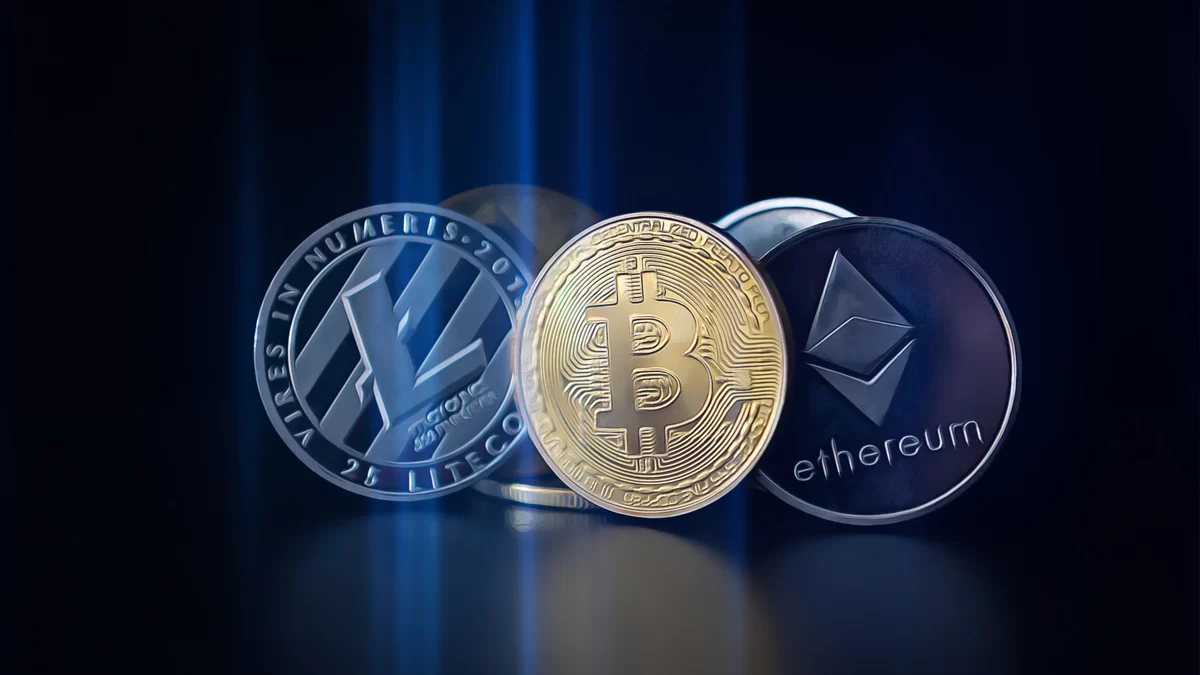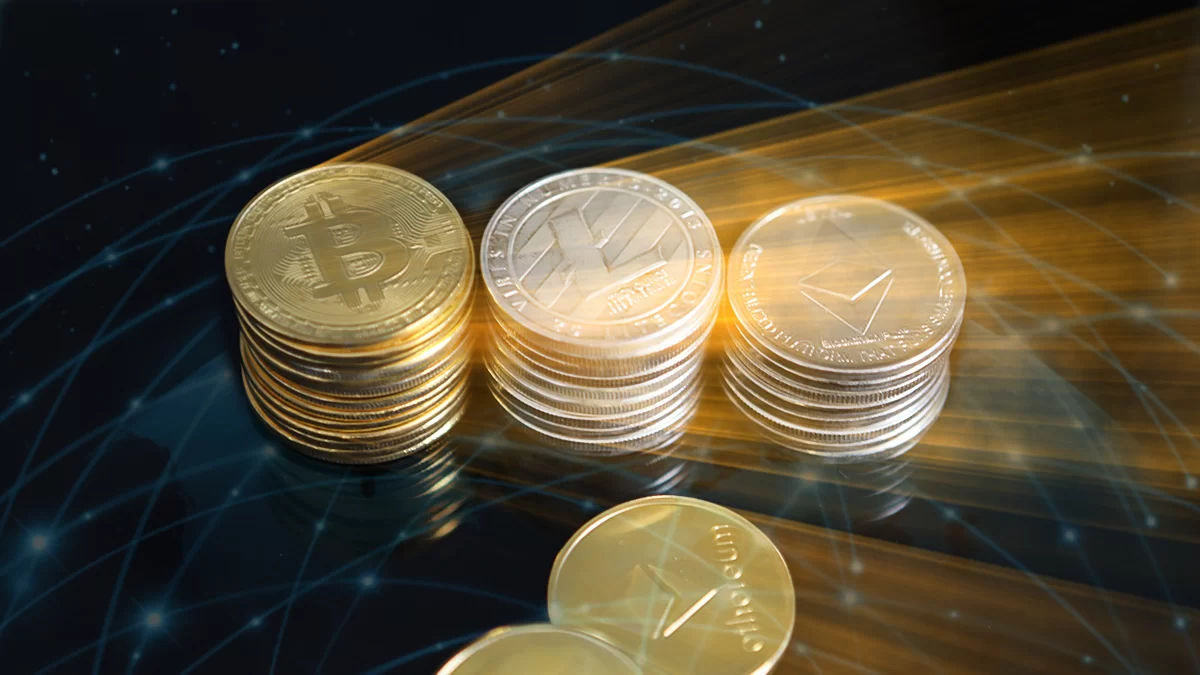One of the world’s largest investment banks, JPMorgan, proposed in a research report published on July 6 that the approval of a spot Bitcoin exchange-traded fund (ETF) by the US Securities and Exchange Commission (SEC) may not be a game-changer for the cryptocurrency market due to several reasons.
Spot Bitcoin ETFs Attract Less Attention than Expected, According to JPMorgan
The banking giant JPMorgan noted that optimism is quite high that the regulator will approve a spot Bitcoin ETF application, despite the SEC not yet giving the green light. According to JPMorgan, this optimism is based on the assumption that some of the concerns the US regulatory body previously had have been addressed in recent applications.

JPMorgan analysts, led by Nikolaos Panigirtzoglou, claimed that a spot Bitcoin ETF launched in the US might not receive the expected investor interest. “Spot Bitcoin ETFs are accessible in many places outside the US, including Canada and Europe, but none of these have been able to attract the expected interest from large investors,” they said.
The report stated, “Overall Bitcoin investment funds, including those based on futures and physically-backed ETFs, have received very little attention since the second quarter of 2021 and have not been able to benefit from the withdrawals from gold ETFs throughout the past year.” It was also underscored that physically-backed Bitcoin ETFs offer some advantages over futures-based ETFs, but these benefits are relatively minor.
Market Liquidity Could be Enhanced and Price Transparency Increased
The report added that spot Bitcoin ETFs have a higher chance of reflecting real-time supply and demand compared to futures-based Bitcoin ETFs. If approved in the US, they could bring more liquidity to the spot Bitcoin market and increase price transparency.
Spot Bitcoin ETFs, which eliminate some complexities associated with the direct storage and transfer of BTC and the basis risk associated with futures-based products, stand out as a more direct and secure way to invest in Bitcoin.









